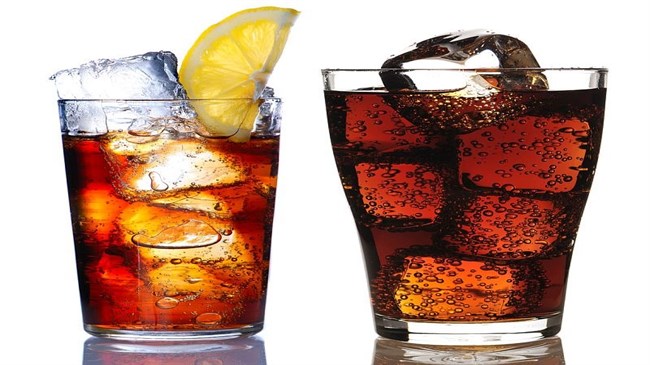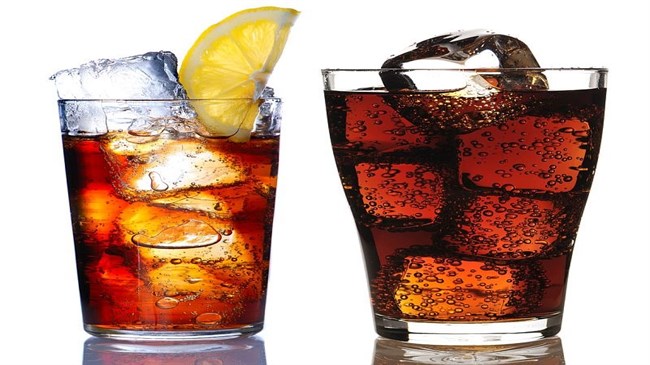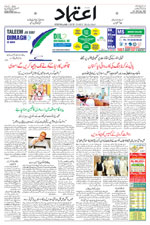Sugary drinks during pregnancy ups risk of mid-childhood asthma: study
Tue 12 Dec 2017, 13:31:18
Mothers-to-be beware! Consuming that fruit juice or fizzy drinks during pregnancy may increase their child's risk of developing asthma at ages seven and nine, a study has recently warned.
According to researchers, children between the ages of seven and nine may be at greater risk for developing asthma if they consumed high amounts of fructose in early childhood or their mothers drank a lot of sugar-sweetened beverages while pregnant.
Lead study author Sheryl L. Rifas-Shiman from Harvard Medical School and Harvard Pilgrim Health Care Institute said that avoiding high intake of sugary beverages during pregnancy and in early childhood could be one of several ways to reduce the risk of childhood asthma.
The researchers analysed 1,068 mother-child pairs, designed to find ways to improve the health of mothers and their children.
After their first and second trimesters, mothers who participated in the study completed questionnaires about their food and beverage consumption, including regular soda and fruit drinks.When their children reached early childhood (3.3 years), the
mothers completed another questionnaire to report their children's consumption of a variety of foods and beverages, including regular sodas and fruit drinks.
mothers completed another questionnaire to report their children's consumption of a variety of foods and beverages, including regular sodas and fruit drinks.
Asthma in mid-childhood was determined by a mother reporting a doctor's diagnosis of asthma, plus wheezing or asthma medication use in the past year.
The results suggested that in mid-childhood, 19 percent of the children had asthma.
Mothers in the highest quartile of sugar-sweetened beverage and fructose consumption during pregnancy were 63 percent and 61 percent more likely, respectively, than those in the lowest quartile to have mid-childhood-age kids with asthma.
Kids in the highest quartile of fructose consumption during their early childhoods were 64 percent more likely than those in the lowest quartile to have asthma in mid-childhood.
The researchers explained that in addition to increasing asthma risk through obesity, fructose itself may cause inflammation in the lungs.
The research appears in online in the Annals of the American Thoracic Society.
No Comments For This Post, Be first to write a Comment.
Most viewed from Health
AIMIM News
Latest Urdu News
Most Viewed
May 26, 2020
Do you think Canada-India relations will improve under New PM Mark Carney?
Latest Videos View All
Like Us
Home
About Us
Advertise With Us
All Polls
Epaper Archives
Privacy Policy
Contact Us
Download Etemaad App
© 2025 Etemaad Daily News, All Rights Reserved.
































